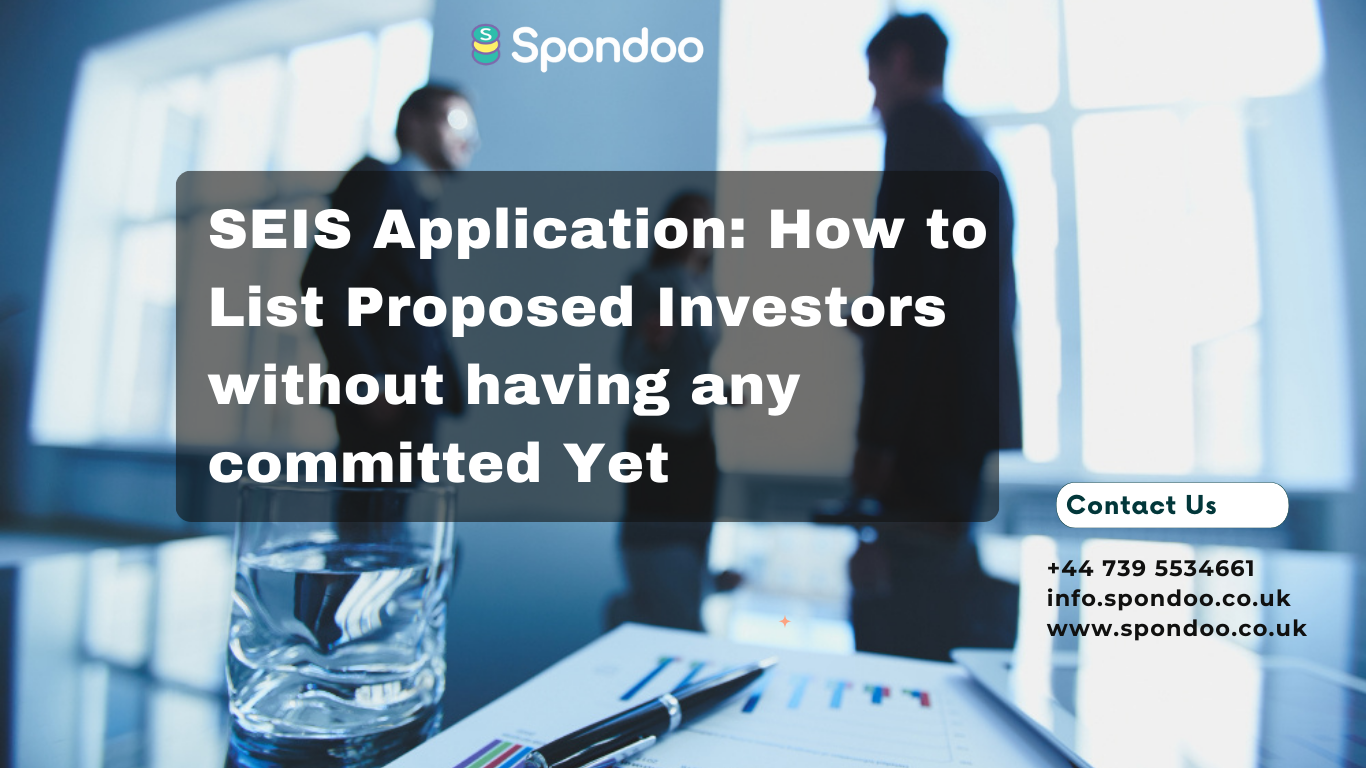
When applying for the Seed Enterprise Investment Scheme (SEIS) Advanced Assurance, one key section requires you to provide information about potential investors. However, many founders worry about not having formal investor commitments in place at this early stage. The good news is that HMRC does not expect fully committed investors upfront. Instead, they want to see that you have a clear idea of the types of investors you plan to approach and how you intend to attract them. This article will guide you through outlining your investor strategy and making your SEIS application as strong as possible.
Even without specific investors, you can describe the type of investors you're aiming to attract. For example, are you targeting angel investors, venture capitalists, or networks specialising in early-stage startups.? Provide a clear picture of your ideal investor. By giving a profile of the investors you’re aiming for, you’ll demonstrate that you have a clear understanding of the type of financial backing your business needs.
While you might not have formal commitments, you can still list groups or individuals that you plan to approach. For instance, mention any angel investor networks, venture capital firms, or specific individuals who have either shown interest in your industry or are known to invest in sectors similar to yours.
If you’re engaged with angel investor networks, accelerators, or venture capital firms, include these as potential sources of investment. This shows that you're connected with key players in the investment community.
You can describe the steps you’ve taken or plan to take to attract investors, such as participating in pitch events, joining startup accelerators, or using professional networks to make introductions. Show that you are actively pursuing investment opportunities and have a structured plan in place to engage with potential backers.
HMRC recognizes that many early-stage businesses seek SEIS Advanced Assurance to attract investors. The goal at this point is not to show you have secured commitments but rather to demonstrate that you’re taking a proactive approach in identifying and engaging with suitable investors. Focus on outlining your investor targeting strategy and any early-stage contacts you’ve made, even if they’re not formal commitments yet. This will show that you’re serious about fundraising and have thought through your approach to securing investment.
Allow us to support your journey to success.
"Interested in learning more? Get in touch with our team!"
